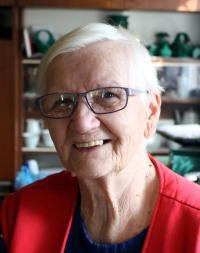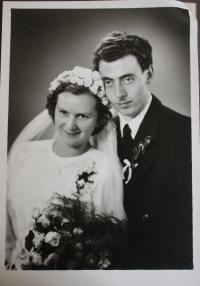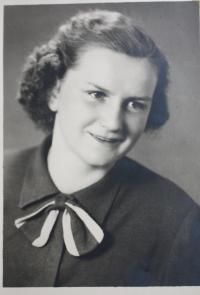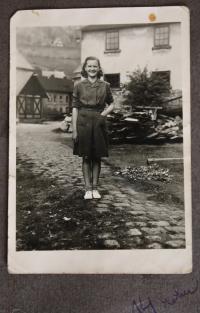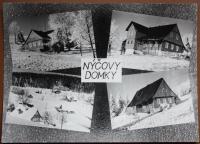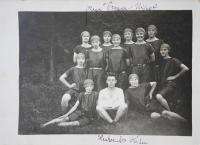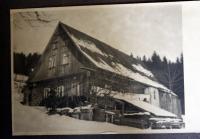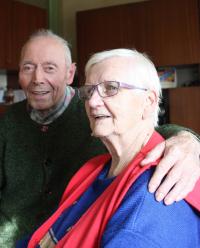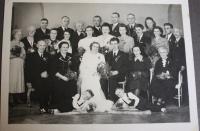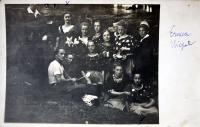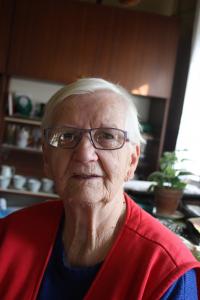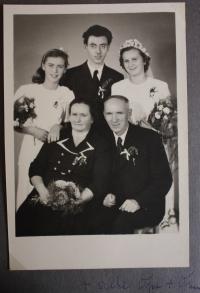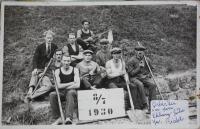I was born here and I’d like to also die here

Download image
Mr and Mrs Rösler live in the Jizerské Mountains in Polubné, which is now a district of the town of Desná. They live in a house that belonged to Herbert Rösler’s parents, the same house in which he himself was born in 1930. In 1951 he married Annelise Nippel (*1933) from the nearby village of Ničovy domky. Her father served in the German army during WW2 and returned. Annelise had to start working at the Riedel glass works when she was 14. Herbert and Annelise were exempted from deportation, both because their fathers worked in the local glass works, but also because they sympathised with the Communist Leftist Workers’ Sports Union (WSU). In the 1970s they applied for permission to emigrate to West Germany, but their request was denied. After 1989 they did not consider emigration any more.
